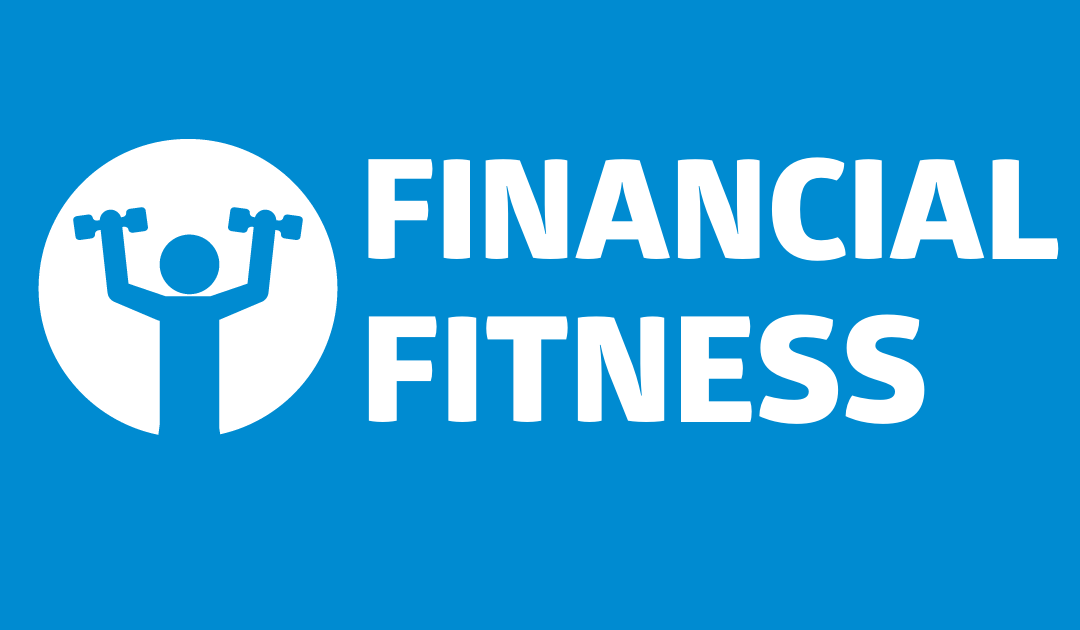I am often asked what a good credit score is. Having a good score is important, but managing your finances, setting goals and living within your means is equally important. There is no absolute standard that creditors use to approve or deny credit. However, the credit score is used by creditors to determine your ability to repay a loan. Staying informed and making better financial choices is the best strategy to increase your score.
Having a good credit score matters because it touches so many aspects of our everyday lives and it can determine our quality of life. A good credit score takes time and patience. Whether you decide to rent or buy a home, both landlord and mortgage lenders usually require a good credit score. Even prospective employers, insurance agents, debt collectors, utility companies and government agencies use your credit history as a way to gauge character and responsibility.
*Pro Tip: Whether you are planning a major purchase or applying for a loan, do not close a credit card account within six months of that application. You want as much credit history as possible to strengthen your chances of approval.
A high credit score often qualifies you for lower interest rates on loans, aids in acquiring additional credit and opens the door for better opportunities to acquire the goods and services you desire.
A new product has been introduced to “boost” your credit score instantly. This product takes information contained on your bank statement such as on-time payments to your utility company and cell phone bill payments and factors them into the formula that calculates your credit score. That information is not normally reported on a consumer credit report. It is just one new tool that is available to the consumer to help raise their low score.
Now, let’s get down to the numbers.
750-850 is considered an excellent score. With a score in this range, you will most likely be offered lower interest rates, a better loan product, be able to live in more affluent areas and receive lower insurance rates.
651-749 is considered good. In this range you can still get some good deals but with slightly higher interest rates and limited access to better financial products.
600-649 is considered fair and 300-599 is considered poor. If your score falls in either of these two categories, you will have significantly higher interest rates or are likely to be denied credit.
It is true that your credit score gauges your creditworthiness, but your credit history tells the full story of your financial transactions. If your score is not exactly where you want it to be, it is not too late.
As I have mentioned before, you can raise your score by paying your bills on time, using credit only when necessary, limiting how often you apply for new credit, using less than 30% of the credit available to you, and checking your credit report for errors or misinformation. Working with a credit counselor such as myself, can also improve your ability to access that all elusive 850 credit score that many of us so desperately desire.
A counselor can help you organize your finances by helping create a budget, reviewing credit reports, and setting financial goals. They can also explain the different types of loans and how to establish credit. If you would like assistance with any of these services, please me email at charlestien.harris@southernpartners.org or call 662-624-5776.
Until next week, stay financially fit!

